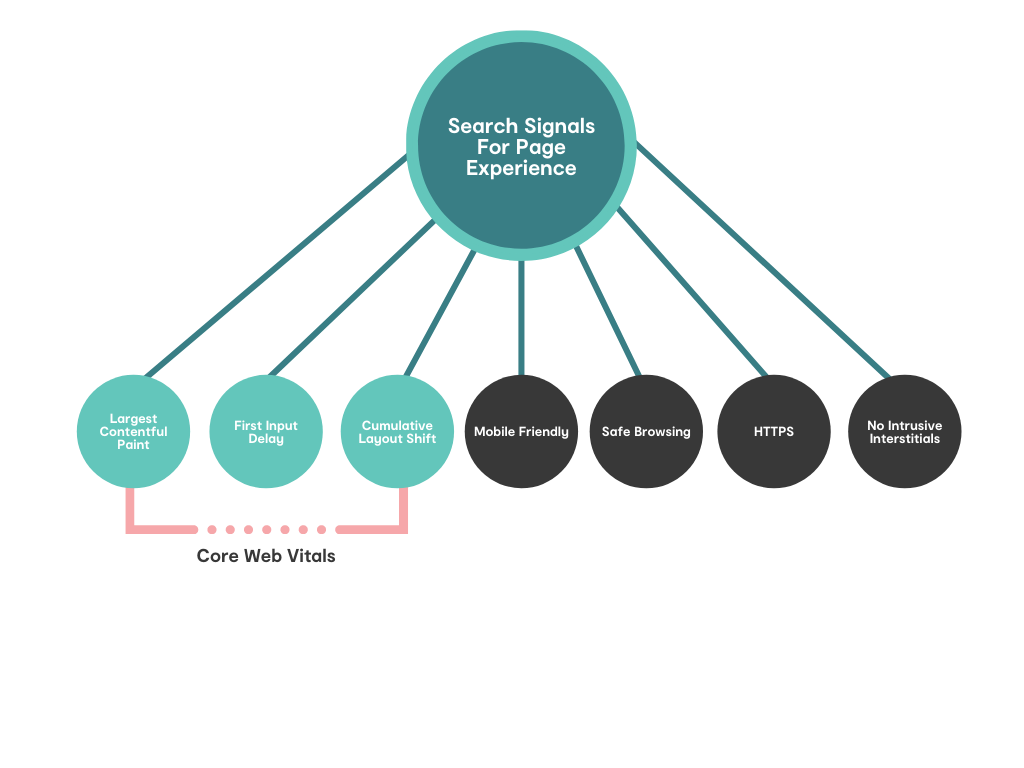Google’s page experience update will now roll out in June
Six months since their initial announcement, Google has pushed back the release of the page experience update by another six weeks – giving SEO’s and site owners more time to prepare.
Back in November, Google first announced that the page experience ranking change would go live across search in 2021. Originally scheduled for May 1, this rollout has since been postponed giving more time for site owners to improve their page experience and prepare.
The most recent update from Google suggests that the update will start rolling out from mid-June, but will not play its full role as a ranking factor until the end of August.
“We’ll begin using page experience as part of our ranking systems beginning in mid-June 2021. However, page experience won’t play its full role as part of those systems until the end of August. You can think of it as if you’re adding a flavoring to a food you’re preparing. Rather than add the flavor all at once into the mix, we’ll be slowly adding it all over this time period.”
Google
What is the page experience update and why is it being introduced?
The page experience update is being released so that user experience can become a more important Google ranking factor. It is a new ranking algorithm designed to judge web pages based on how users perceive the experience of interacting with a web page.
So, if Google thinks that visitors will have a poor experience on your page, as measured by a new set of metrics called the Core Web Vitals, Google may not rank those pages as highly as they are now.
Why is the page experience update being introduced?
It’s only natural that Google would want to provide a strong experience for its own users. That means that user experience needs to be used as a factor to determine which pages it will rank in its search results favourably.
The page experience update will bundle up several existing Google search ranking factors, including mobile-friendliness, page speed, HTTPS, intrusive interstitials penalty, and safe browsing penalty, with a number of refined ranking metrics around speed and usability called the Core Web Vitals.

Why has it been postponed?
Google stated that it is pushing the rollout timeline to help marketers continue to make refinements to their websites with site experience in mind. Google’s vision for page experience is to build a web ecosystem that users love, so it only makes sense that they want site owners to be as prepared as possible.
Further to this, Google has decided to make the rollout gradual (over 6 weeks) rather than immediate, to allow for the impact of the update to be monitored, mitigating the risk of any unexpected or unintended issues.
What can you expect during the rollout?
Google has advised webmasters that the Page Experience update will be one of many ranking factors, and to not expect major fluctuations. However, incremental improvements and adaptations are always beneficial and will help to improve your overall search competitiveness.
How to prepare?
In the meantime, Google has released the Page Experience report in Google Search Console to help marketers prepare. The new report combines the core web vitals report with other metrics that will be included in the page experience update:
- Largest Contentful Paint
- First Input Delay
- Cumulative Layout Shift
- HTTPS
- Mobile-friendliness
- Absence of intrusive interstitials
- Safe browsing status
You can continue preparing for the update by reviewing the status of your pages within the report and rolling out page experience optimisations. You can also get in touch with our digital experience team to develop a competitive SEO strategy.